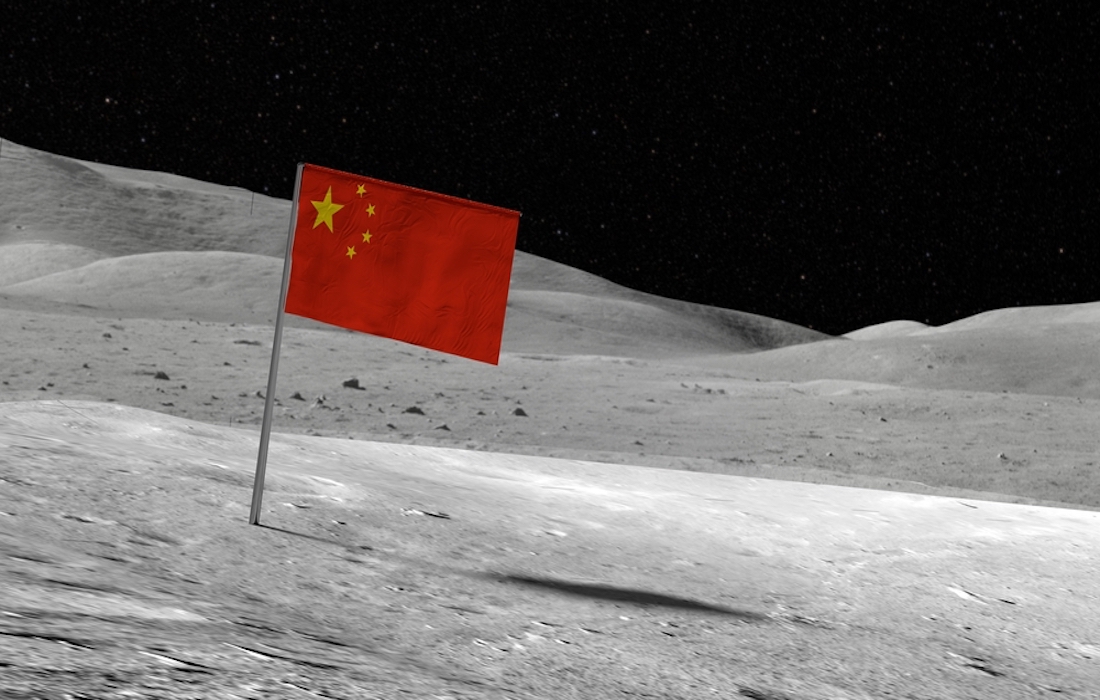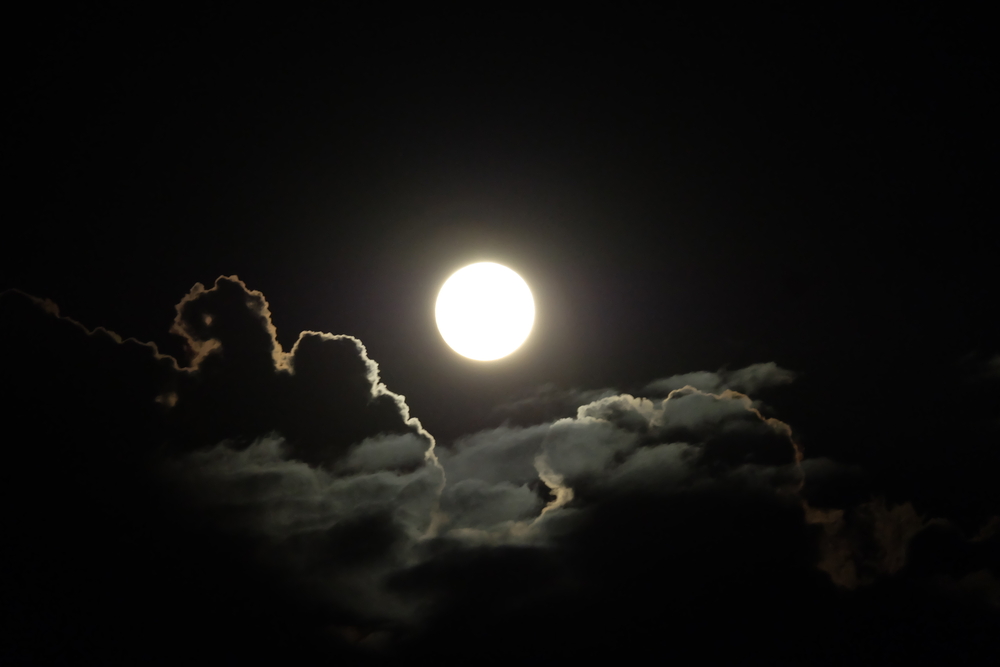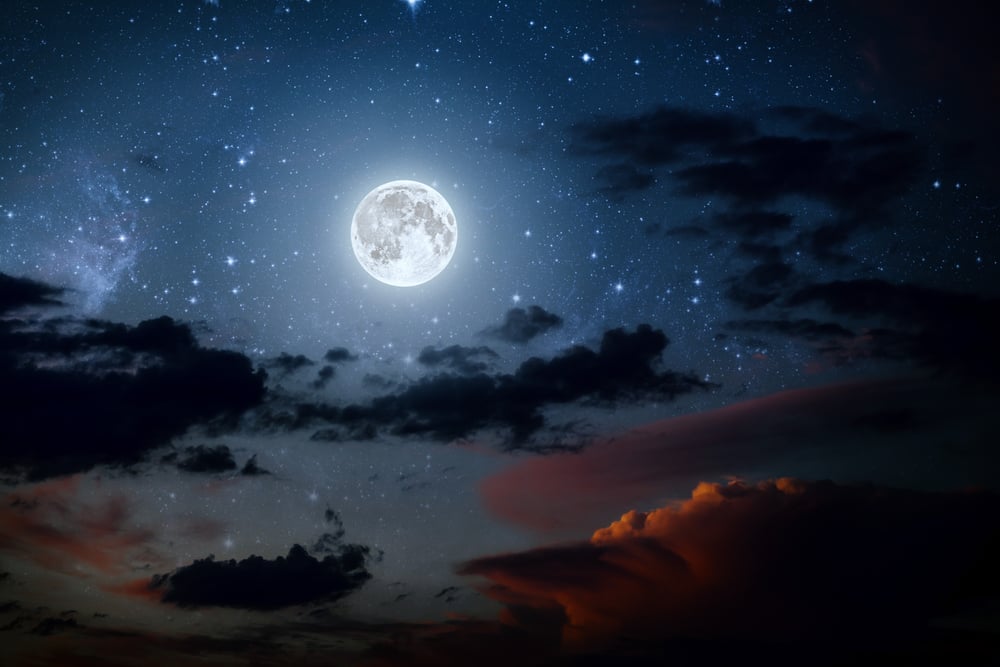It was Jan 2 when China landed on the moon and became the third country to land a probe on Moon. Most important thing was landing on the far side of the moon which is often called “the dark side of the moon”. Landing on the far side of the moon is really an achievement which has not been achieved by any of the countries like Russia or even United States.
The change 4 is the symbol of growth for the space program of China. This space program has amassed significant for China to come forward as a great power across the world. With this achievement, consequences extended right after this launch. Trump Administration accepted global competition in space as well as the exploration. We all know that historically there has been a cold war between major drivers of US and Russia.
China’s achievement in space
People’s Republic of China first gotengaged in space during the development of ballistic missiles in the year 1950. China developed its own space program once they received the help from Soviet Union. Some of the cultural revolutions disrupted these early space programs. China launched its first satellite in year 1970 followed by early human spaceflight which was kept on hold to pay attention on commercial satellite.
In year 1978, Deng Xiaoping articulated China’s existing space policy and mentioned that being a developing country, China is not going to take part in any space race. Instead of this race they kept their efforts focused on launching the vehicles and commercial satellites for better communications and remote sensing or meteorology.
But still, China was not out of the race of becoming global power in space. Sooner, in year 1992 they realized that having a space station will add a prestigious tag in coming century. So, they re- established the human spaceflight program and developed the Shenzhou spacecraft. China has launched six Shenzhou Missions in total, and sent 12 taikonauts in the lower earth orbit. These plans included two for China’s first station, Tiangong -1.
New global space race
As compared to the early American and Russian program, China started a slow paced but steady program. Because of complete secrecy, the exact capabilities are unknown. China created a mark in the field of military application as in year 2007, they undertook a test for anti-satellite. This was completely successful and created a threat for other satellites due to cloud of orbital debris.
In addition to this, NASA helped China to rescue its stranded astronaut. Well, even if this is a global race for leading the advancement in technology, as we have seen in first race, this knowledge and greater capacity for space exploration can also be beneficial for humanity. This is going to add to our knowledge about our universe where we all live.









